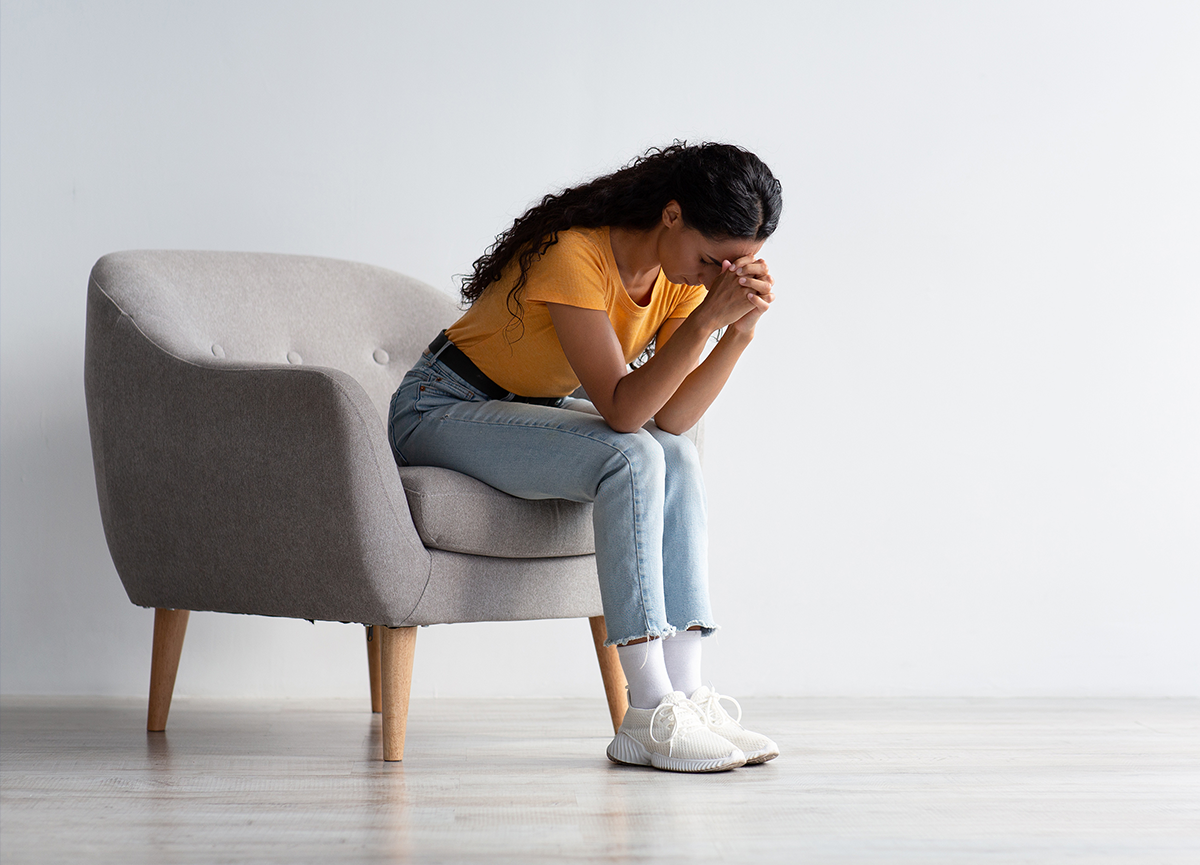Home > Patient Education > Depression: Early Signs and Treatment Options

Depression is more than just feeling sad or having a bad day, it is a medical condition that affects the way you think, feel, and function in daily life. It can impact relationships, work, physical health, and overall quality of life. Recognizing the signs early and seeking the right support can make recovery more achievable and less overwhelming.
Understanding Depression
Depression is caused by a combination of biological, psychological, and social factors. These may include:
It is important to note that depression is not a sign of weakness, and it is not something a person can simply “snap out of.” Like any other health condition, it requires understanding, treatment, and ongoing support.
Early Signs of Depression
While symptoms can vary from person to person, common early warning signs include:
If these symptoms last for more than two weeks and interfere with daily life, it may be time to seek professional help.
Treatment Options
The good news is that depression is treatable, and many people recover fully with the right approach. Treatment is often most effective when it combines different methods, such as:
When to Seek Immediate Help
If someone expresses thoughts of self-harm or suicide, or feels unable to keep themselves safe, this is an emergency. Contact a crisis helpline or seek immediate medical help.
Remember: Depression is not a personal failing; it’s a medical condition that deserves care and attention. With early intervention and the right support, recovery is possible. At SAKINA, our mental health professionals offer compassionate, evidence-based care to help you navigate depression and regain balance in your life.